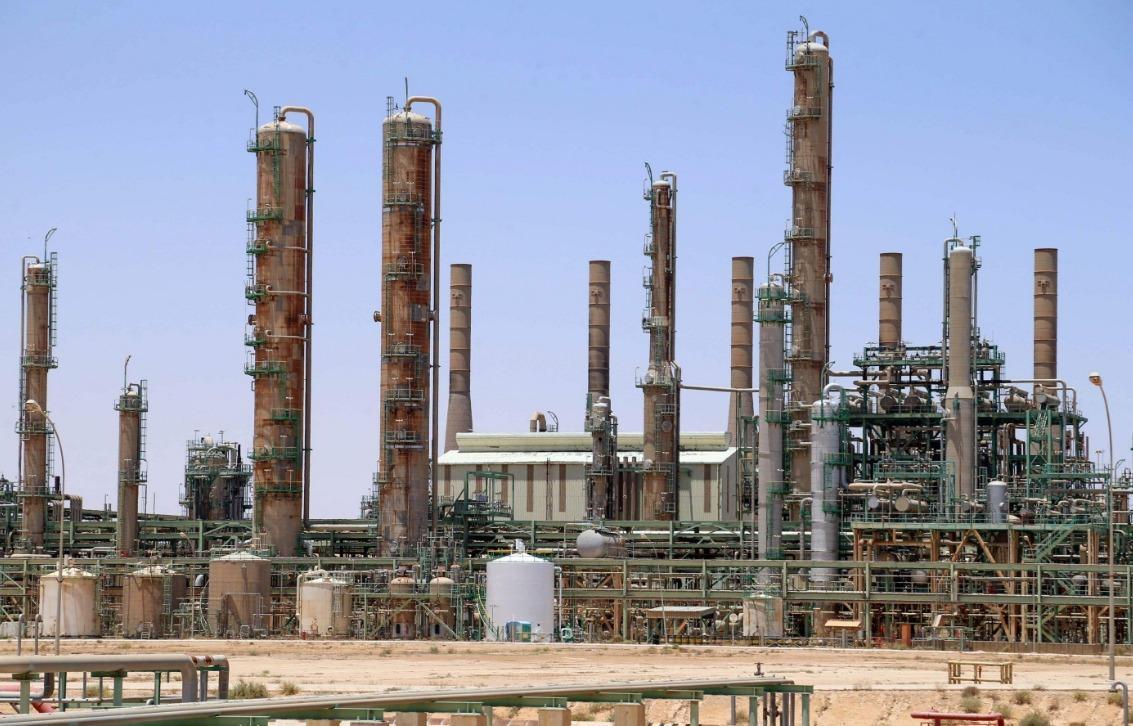
Rivals in politically divided Libya have agreed to form a committee on sharing oil revenues, after military strongman Khalifa Haftar sought a "fair" split.
Haftar, who backs the country's eastern administration, had last week called for a committee to address the issue.
He threatened military action unless oil proceeds were divided fairly by the end of August.
Libya sits on Africa's biggest oil reserves, but the wedge between the eastern government and the United Nations-backed administration in Tripoli has hampered Libya's efforts to sharply ramp up output in response to a surge in European demand for non-Russian oil and gas.
The "Financial High Committee" has now been formed, Libya's Presidential Council, the North African country's highest executive body, said in a decree published on July 7.
UNSMIL, the U.N. Support Mission in Libya, said in a statement that it "welcomes the decision announced by the Presidential Council to establish a High Financial Oversight Committee to address fundamental issues of transparency in the spending of public funds and fair distribution of resources."
Libya's National Oil Corporation and central bank, which manage oil revenues and are both based in Tripoli, will also have representatives on the body.
That body was formed in February 2021 as part of a U.N.-sponsored political process. It consists of three members, each representing one of Libya's three regions.
Crude oil is the main revenue source for Libya, which has been torn by more than a decade of stop-start conflict, since a NATO-backed revolt toppled strongman Moamer Kadhafi in 2011.
Pro-Haftar forces have in the past blockaded the country's oilfields, which in May produced around 1.2 million barrels per day, according to the Organization of the Petroleum Exporting Countries (OPEC).